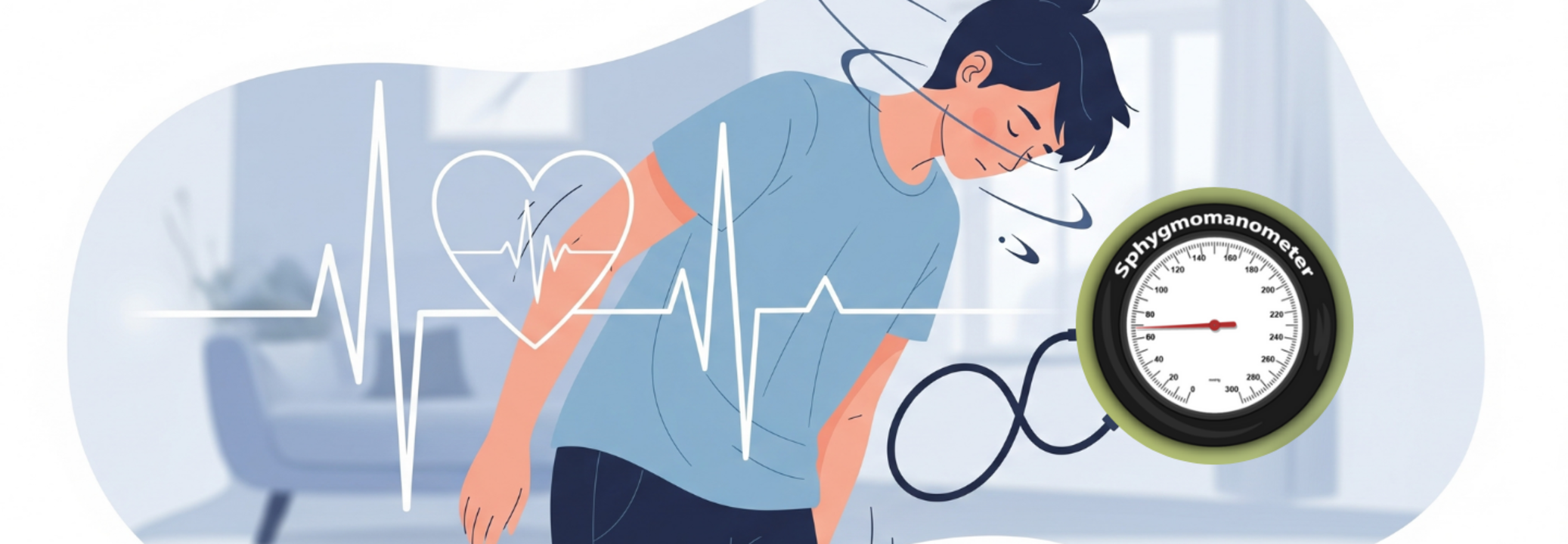Can A Sudden Drop In Blood Pressure Lead To Death?

Credits: Health and me
SummaryA sudden drop in blood pressure isn't always harmless—learn how it can spiral into a medical emergency, impact your organs, and even become life-threatening if ignored.
End of Article
